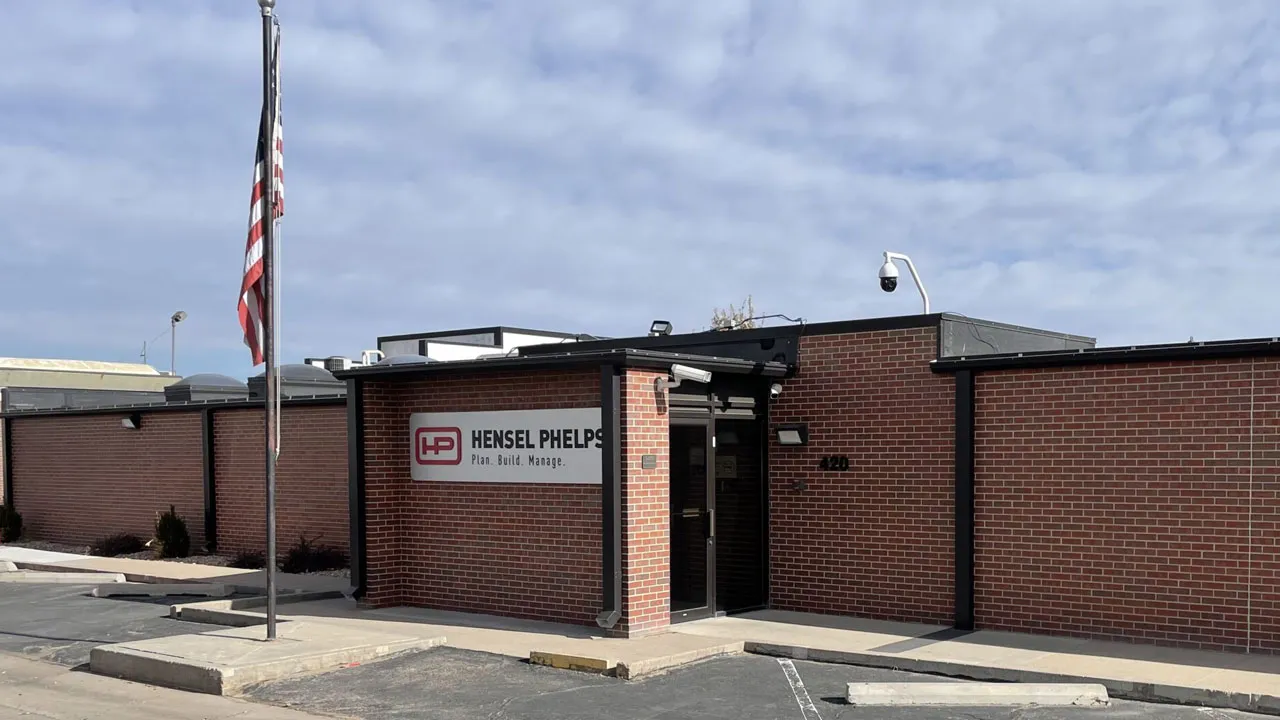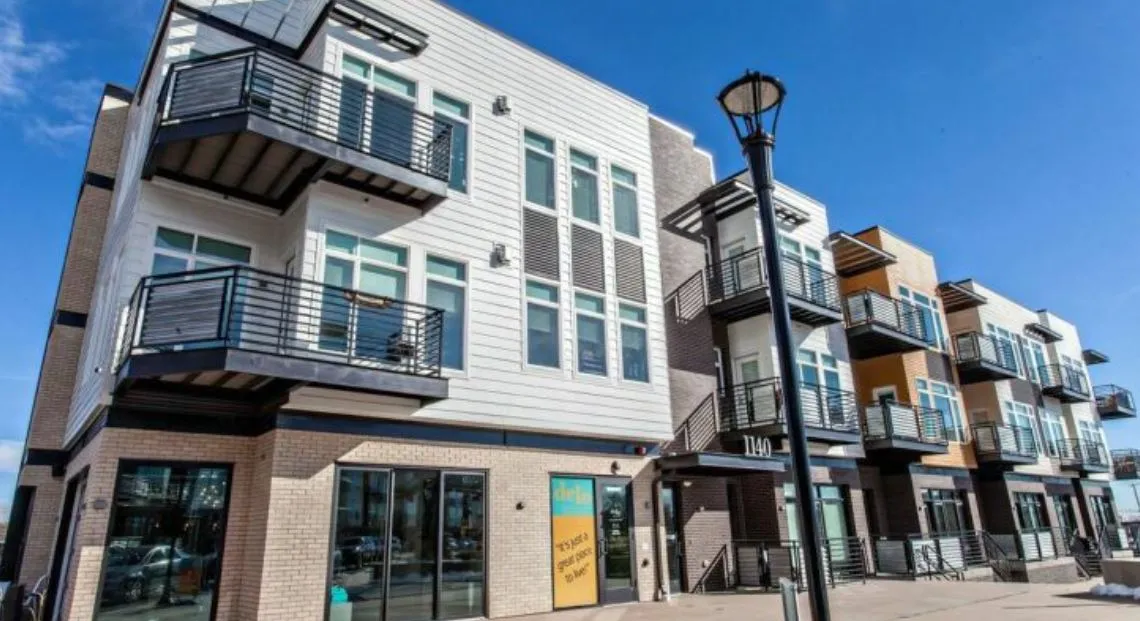Loveland council restores Centerra South pacts it had rescinded

Loveland officials voted to restore the Centerra South urban-renewal plan and financial agreement it had rescinded in November, and to enter into settlement talks with developer McWhinney Real Estate Services Inc., which had sued the council for breach of contract.
THIS ARTICLE IS FOR SUBSCRIBERS ONLY
Continue reading for less than $3 per week!
Get a month of award-winning local business news, trends and insights
Access award-winning content today!
Already have a paid subscription?





